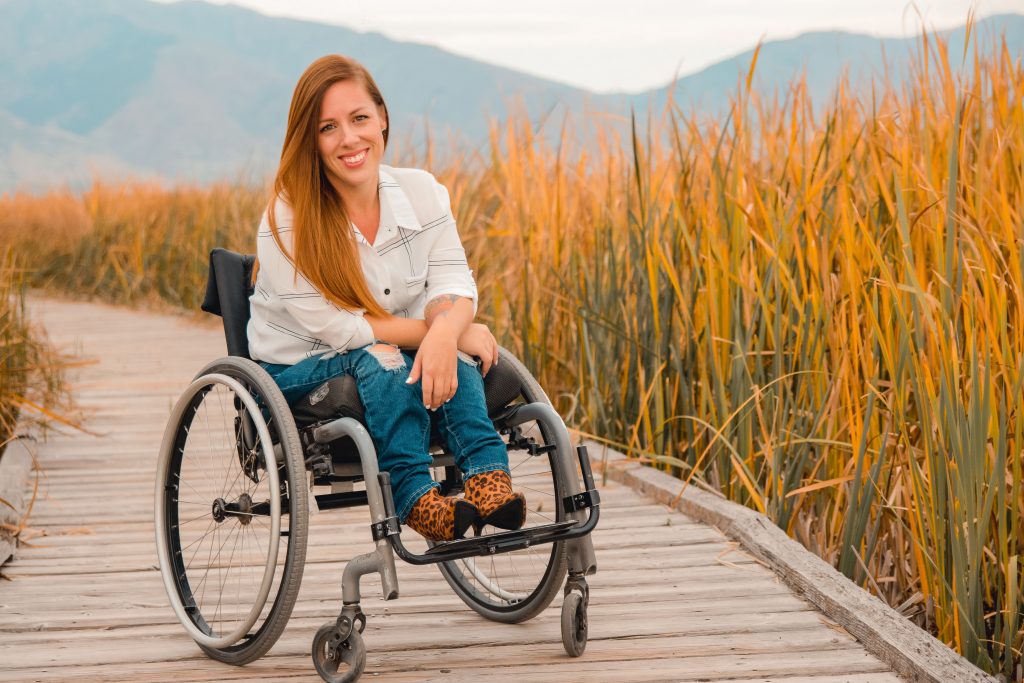Road Trip Ready Tip 2
The second installment of our four-part series designed to help CRT users plan a road trip
Road trips are a fun way to explore America, but for CRT users, they take planning and forethought. In the second installment of our Road Trip Ready series, CRT users Kerri Knudson and Chad Waligura talk about the importance of researching your destination, considering your transportation needs and having a plan in case of car trouble.


Tip 2: Do your research.
“I typically consider where I’m going to stay and what I want to do in advance, especially if I’m traveling somewhere I’ve never been before,” Knudson says. “If I don’t know the city well, I’ll do some research and look at photos. Do I see ramps? Am I seeing mostly cobblestone or smooth roads?”
Since Knudson uses both a manual and a powerchair, knowing the type of terrain she’ll encounter on her trip helps determine what mobility equipment she brings with her. If she’s planning to use public transportation, Knudson investigates ahead of time to learn more.
“When we’re planning a trip to New York, we use the subway,” Knudson says. “All of their stops have a handicap placard that lets you know if this is a wheelchair accessible stop or not. There are very clear signs in New York about where to go to find the accessible entrance to the subway. I look for those kinds of things in advance.”
If you’re renting a vehicle, she recommends making your reservation as soon as possible and asking a few questions in advance.
“I need hand controls in a rental car, and I can use my manual chair in a rental car no problem,” she says. “But it’s important to know what kind of car they use for their hand-control vehicles because of how I need to transfer and how many days in advance I need to schedule that.”
That time frame differs according to the car rental company and the location, Knudson says, ranging from 24 hours at major locations to 48 hours or even a week’s notice. Best practice: make your reservation as early as possible.
Waligura also suggests having a plan for car trouble or delays, such as having AAA or researching who can help in case of an issue, such as the Highway Patrol or other organizations as well as friends or acquaintances along your route.
“I have friends scattered out across the country, so if I need something, I can call them,” he says.
View All Our Road Trip Ready Tips: Tip 1, Tip 2, Tip 3, Tip 4
Related Articles
Tips to Make Your First Year Easier
Advice from students and college administrators to help make the transition to college a little easier for CRT users At most colleges and universities, the…
A Breath of Fresh Air
Navigating the Transition from High School to College for Wheelchair Users and Their Parents Just a few weeks into his freshman year of college, Alex…
Navigating Your College Decision
Tips to help CRT users make informed decisions about where they go to college There’s a lot to consider when making your college decision, especially…


